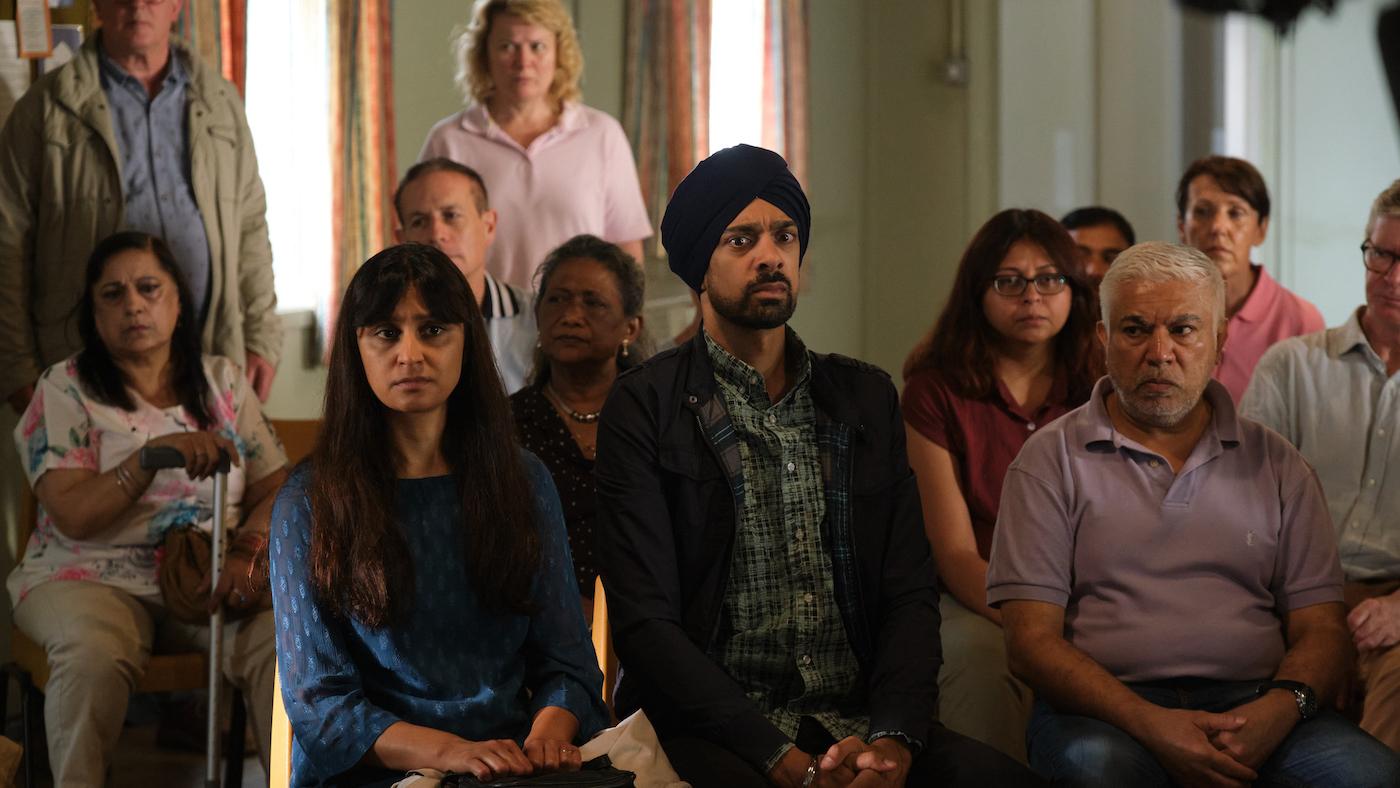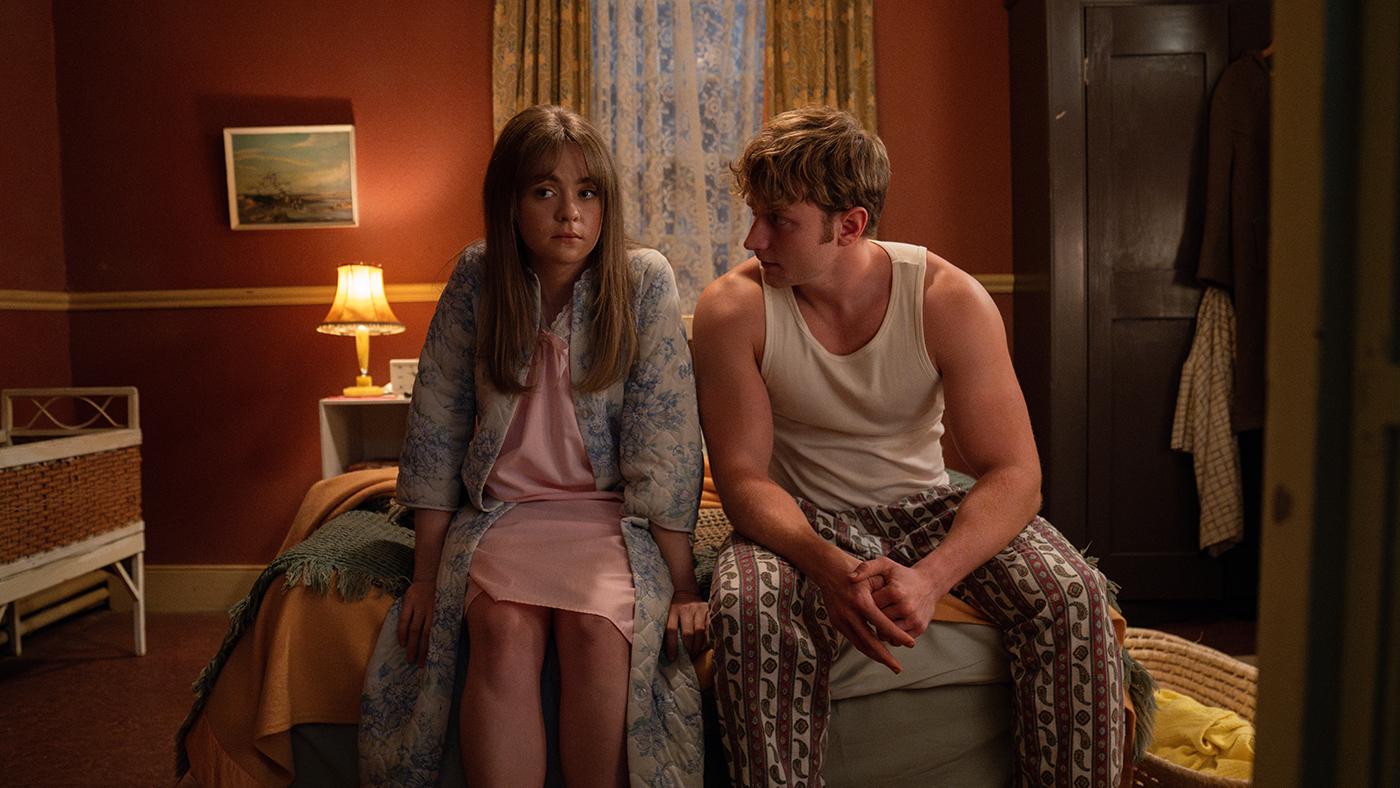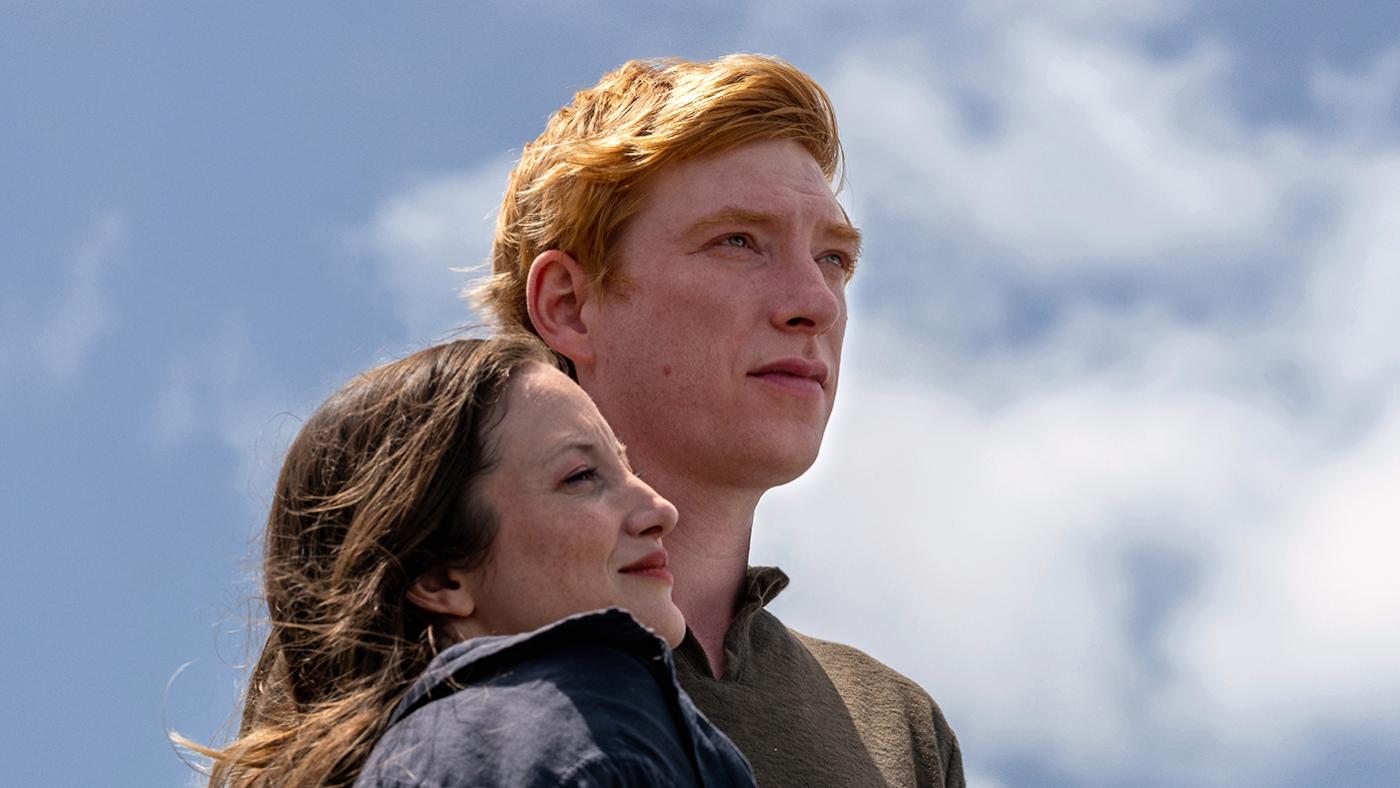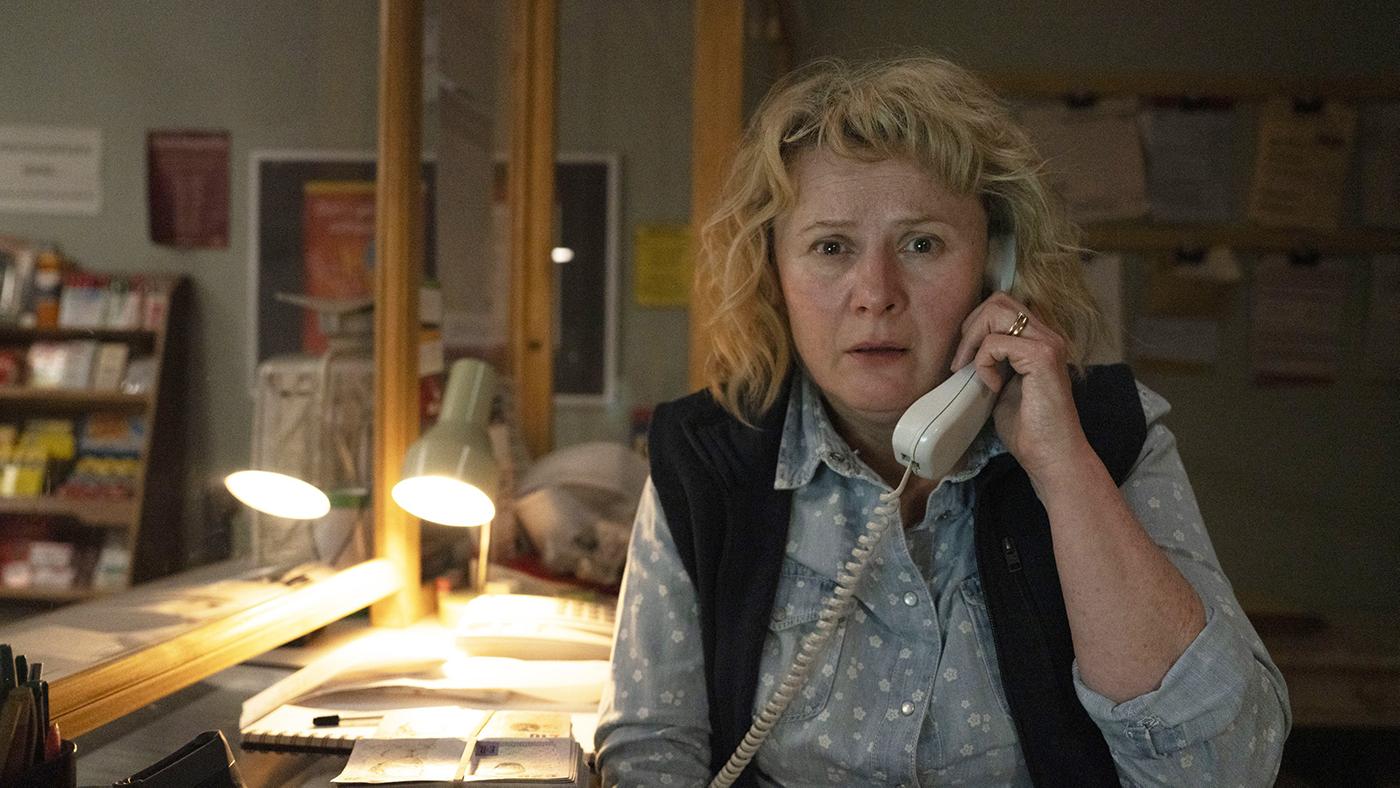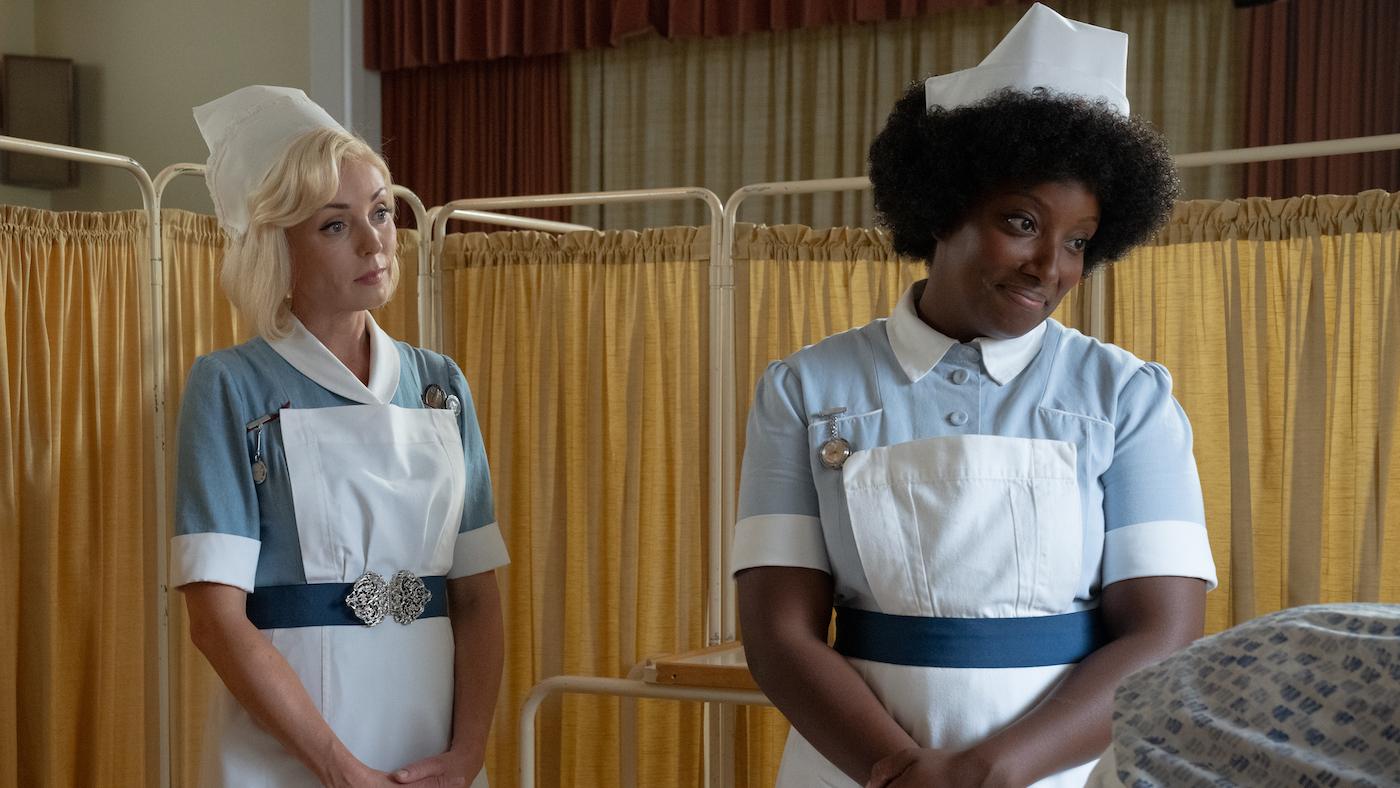'Sanditon' Recap: Season 3 Episode 3
Daniel Hautzinger
April 2, 2023
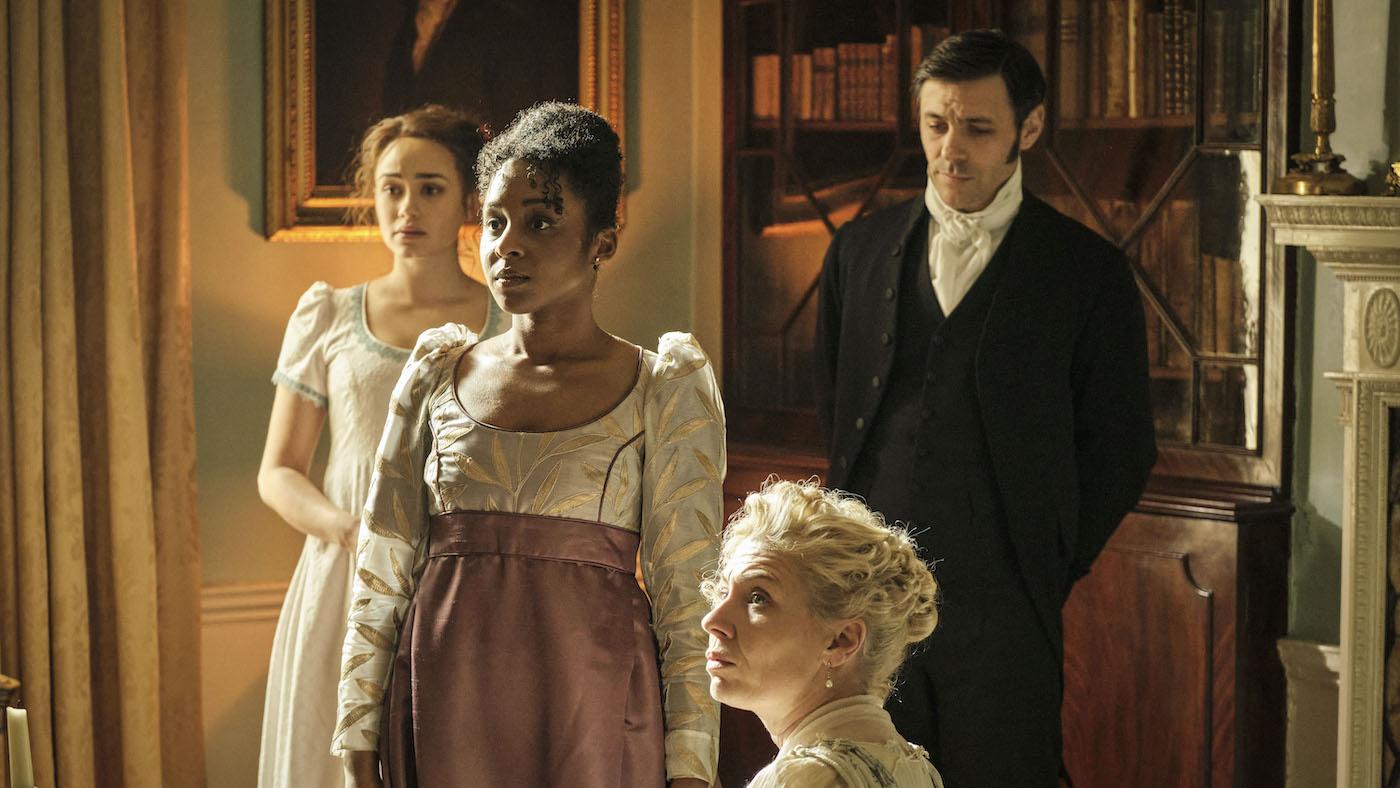
Sanditon airs Sundays at 8:00 pm on WTTW and is available to stream. Recap the previous and following episodes.
Keep up with your favorite dramas and mysteries by signing up for our newsletter, Dramalogue.
Old romances are being rekindled—or not. Rowleigh Pryce is courting Lady Denham—whom he apparently left at the altar decades ago—in his own way. She refuses a ride in his buggy but is happy to attend Alexander Colbourne’s shooting party with Pryce. Pryce regrets the years he has lost with her. (Alexander, for his part, regrets having agreed to host the party with his brother Samuel.)
While in London for her trial to defend her fortune from Charles Lockhart, Georgiana receives a call from an old flame. Otis Molyneux, whose gambling debts led to Georgiana’s kidnapping, has heard about the trial and wanted to help, not that he can offer much. He knows of Georgiana’s background because he wrote to her late guardian Sidney while he was in Antigua, in the hope of repaying Sidney for paying off Otis’s debts.
Otis misses Georgiana, who admits she thinks of him every day. He tells her that, if she loses the trial and thus her fortune, at least she will be free from fortune-seeking suitors and can marry whomever she wants.
Once, Georgiana thought that person might be Lockhart. Now, she despises the man who is trying to rob her of her fortune by smearing the name of her and her family. Lockhart’s lawyer offers Georgiana and her lawyer, Samuel, a substantial sum to settle the case before trial, but they refuse.
During the trial, Lockhart claims that Georgiana’s father never spoke of a child—but Lockhart only met him once, Samuel shows. Lockhart’s lawyer argues that Georgiana’s father was seduced by one of his slaves—Georgiana’s mother—and so Georgiana is illegitimate. Furthermore, she has followed in her mother’s footsteps and tried to seduce Lockhart—just look at his racy sketches of her, he says. Lastly, her father’s mind had deteriorated at the end of his life when he made his will, as his physician attests. The will bequeathing his inheritance to Georgiana should be void.
Not only that; Lockhart met Sidney in Antigua, and found him unscrupulous. Lockhart alleges that Sidney and Georgiana conspired to steal her father’s inheritance via said will.
After the trial adjourns for the day, Samuel admits to Charlotte that he has only taken easy cases for the past decade; he took this one on because his brother Alexander urged him to and offered to pay Samuel’s fees if he lost. The brothers hadn’t spoken for a decade, as Alexander took on the burden of their father’s estate and debts upon his death while Samuel went off to forge his own path. That burden may have cost Alexander his marriage, Samuel believes.
Samuel has one last gambit to try at court. He arrives late the next day, having spent the night in gambling dens—where he discovered that the physician called to testify has substantial debts and offered false testimony to pay them off. He was not Georgiana’s father’s doctor. Furthermore, Samuel has letters from the end of her father’s life proving he was of sound mind.
But Lockhart has one more trick, too: a bill of sale showing that Georgiana’s father sold her mother when Georgiana was six months old. Her mother may still be a slave—which would make Georgiana a slave too.
Georgiana makes an appeal to the judge: perhaps her father’s bequeathing of his fortune to her was a bid for absolution for selling her mother. She would give it all away if it meant she could reunite with her mother.
The judge rules that she doesn’t have to. No one can be a slave in England, and the will is clearly admissible, he rules. The fortune is Georgiana’s. Before she returns to Sanditon, Otis gives her his address and tells her to contact him if she needs him.
While the newspapers and London were against Georgiana in the trial, most of Sanditon sympathized with her and are relieved at her verdict. Arthur blamed himself for Georgiana’s trouble, since he convinced her to trust Lockhart, but Lord Montrose tells Arthur that he was also a victim of Lockhart.
Montrose’s scheming mother has been less kind: she had put all her hopes for reviving the family’s fortunes on Lydia connecting with Alexander, fearing that Georgiana would lose her fortune. Now she is once again urging her son to continue his “courtship” of Georgiana, but she’s worried that Charlotte might jeopardize Lydia’s chances with Alexander. Lady Denham assures her that Charlotte was simply Alexander’s governess and is engaged to be married to someone else.
Lydia more kindly approaches Charlotte for help: Alexander seems humorless. But Charlotte advises that there is more underneath his shell, and that he loves dogs and horses—a tip Lydia uses to her advantage.
Samuel and Lady Susan also wonder at Charlotte and Alexander’s relationship. They both have their theory, since neither party will discuss it in detail. Neither Samuel nor Lady Susan wants to wed, but they want to help their friends—and so will conspire to bring them together.
Georgiana won’t listen to advice either: she rejects Charlotte’s gentle suggestion that she might restart with Otis, arguing that she must continue her convenient relationship with Lord Montrose in order to protect her reputation and herself from fortune hunters. This is confirmed when a room that she enters falls silent: she is an object of gossip now.
Mrs. Wheatley, another Black woman in a white world, is the only person to tell Georgiana she is sorry for her, even though she won her trial. Wheatley, whose own parents were slaves before they came to England, knows what Georgiana has lost.
Georgiana burns Otis’s address.
Lord Montrose quickly drops his own possible relationship: when he inquires, in a very roundabout way, if Arthur is gay like him, Arthur is shocked into silence. Montrose flees, fast, and asks Arthur to forget the conversation ever happened.
Augusta is falling further into a romance. She has taken to wandering around absent-mindedly, and sneaks out to ride with Edward. She tells him that he must prove to Alexander, her guardian, that he has reformed and is worthy of courting her. Beatrice Hankins believes Edward has changed—and she empathizes with his situation of being in a relationship blocked by circumstance, given her brother’s disapproval of Dr. Fuchs.
Edward takes the most birds at the shooting party, but when he asks for Alexander’s permission to court Augusta, Alexander tells him he will never trust him. Augusta, meanwhile, asks Charlotte how she knew when she was in love with Ralph. She is devastated by her uncle’s rejection of Edward, and cries with Leo later.
Mary is also disappointed in a loved one. Tom has tried to argue with both Pryce and Lady Denham over Pryce’s plan to demolish fishermen’s homes to build a luxury hotel, but his objections have been overridden. Mary knows a family who will be directly affected: her former maid’s, to whom she and Charlotte have brought food and books.
It was only through that woman that Mary learned Tom had capitulated to Pryce, given how much money the hotel would bring in. When Alexander notes the upheaval such a plan would cause to Pryce, Mary agrees with him. She and Tom fight about it later.
Charlotte has attended Alexander’s party on Samuel’s invitation in order to thank him for convincing his estranged brother to argue Georgiana’s case. She understands, thanks to Samuel, how much Alexander invested in it—for Charlotte’s sake.
After the party, Samuel tells his brother he knows he’s in love with Charlotte, and that he believes she shares his feelings. She’s not married yet.
Alexander approaches Charlotte on the cliffs and tells her he loves her; he couldn’t let her return home to her fiancé without telling her. They kiss—but then she pulls away, crying. You shouldn’t have said that, she tells him. She has made a promise to Ralph, to her parents; she is to be wed. It’s too late.


